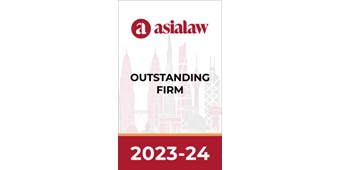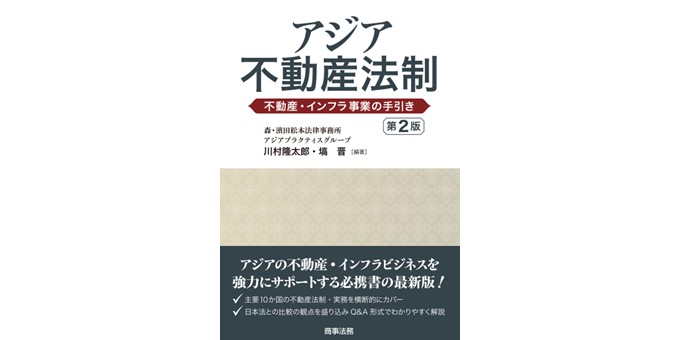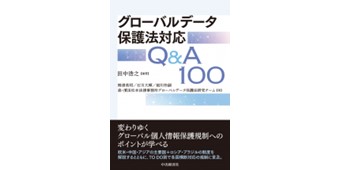Introduction
A Judicial Review (PK) petition is an extraordinary appeal against a final and binding judgment of the Indonesian courts. It may only be submitted based on one of the six grounds under Article 67 of Law 14 of 1985 on the Supreme Court (as amended, Law 14/1985) being:
- Deceit of False Evidence: The decision is based on lies or manipulation by the opposing party, discovered after the ruling, or based on evidence later declared false by a criminal court.
- New Evidence: Evidence of substantial nature, which could not have been discovered during the original trial, is found after the case has been decided.
- Excessive Ruling: The court grants something that was not requested or beyond what was requested.
- Unaddressed Claims: A part of the claim is left undecided without explanation.
- Contradictory Judgments: There are conflicting judgments on the same issue between the same parties from the same or equivalent courts.
- Judicial Error: The decision contains a clear mistake or oversight by the judge.
Under Article 69 or Law 14/1985, a PK petition must be submitted within 180 days of the relevant triggering condition under each ground. In this regard, Letter 835 aims to clarify the rules on when the conditions under the first ground (deceit or false evidence) is triggered.
Key takeaways
- General Rules on Timing: A PK petition based on deceit or false evidence must be submitted within 180 calendar days of either (i) “discovery” of the deceit (discussed below) or (ii) the date on which a final and binding decision from a criminal court declares the trial evidence to be false, and has been formally served on the parties.
- Mandatory Written Proof of the Discovery Date: the petitioner must (i) execute a sworn statement in writing that specifies the precise date on which the deceit or falsehood becomes known to them and (ii) have that statement certified by an authorized official and incorporated into an official report (Berita Acara).
- Failure to Supply the New Documents is Fatal: The courts are now instructed to treat the sworn statement and the official report as formal prerequisites. A PK petition that omits either document will be summarily rejected.
- Standardization to Curb “Hindsight” Tactics: By locking the discovery date to a sworn, certified declaration, the SCRI reduces the ability of unsuccessful litigants to resurrect long-dormant disputes by “re-dating” their discovery.
What qualifies as “discovery”?
Letter 835 does not create new substantive criteria for the discovery of deceit or false evidence; rather, it applies by analogy the established procedure for the second ground (new evidence), defining “discovery” as the moment when the petitioner first becomes aware of the fraudulent circumstance.
Practical Pointer: Entities should maintain rigorous contemporaneous records-such as emails, investigative reports and forensic audit results-as these materials may later be used to support the sworn statement and demonstrate compliance with the 180-days submission deadline.
Practical implications for foreign companies and investors
1. Contractual risk analysis
Parties negotiating Indonesian-law agreements should revisit their dispute-resolution clauses. Although the clarified deadline provides a specific period for post-judgment exposure, it can also impose strict procedural hurdles that may affect the feasibility of a PK.
2. Litigation strategy
- Speed counts: Once potential deceit is detected, counsel must secure the sworn statement and official report without delay; the 180-day period is unforgiving.
- Evidence management: Indonesian courts place significant weight on documentary form. Counsel and the entity must ensure that investigative findings are converted into formal, notarized or otherwise certified documents ready for inclusion in the PK petition file.
3. Enforcement and asset recovery
Judgment creditors monitoring Indonesian counterparties should be aware that although a PK cannot suspend enforcement, it could in practice. Letter 835 helps predict whether—and when—a debtor might still mount a timely PK based on alleged deceit and false evidence.
Conclusion
By standardizing how the “discovery” date is determined in a PK submission based on deceit or false evidence, the Supreme Court has closed a procedural loophole and enhanced legal certainty in post-judgment relief.
International businesses with exposure to Indonesian litigation should adapt their strategies now to capitalize on the clarity provided by Letter 835 and to avoid being caught off-guard by its strict documentation requirements.














